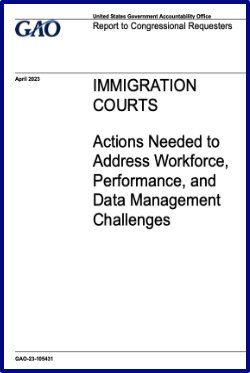By Amalia Campos-Delgado, Karine Côté-Boucher
By focusing on the externalisation of US bordering into Mexico, we consider the institutional setting that both limits and channels gestures of care and empathy in migrant detention. Working within a framework that highlights the connections between the global and the intimate, and by proposing to read these connections as they unfold into an intimate geopolitics of humanitarian borderwork, we unpack the effects of Mexico’s recent shift towards humanitarian border politics on the interactions between detained migrants and border agents. Together with the material scarcity in which border officers operate, horrendous detention conditions and increased investments in detention facilities, this shift produces care-control dynamics that are specific to bordering in transit countries. We identify three ‘tactics of empathy’ deployed by Mexican border officers as they attempt to morally legitimise border control in this new environment, while concurrently avoiding legal liabilities and taming migrants under their custody. We argue that these tactics are less a manifestation of an ethics of care than a response to situations occurring in transit migrant detention where morality and instrumental rationality become entangled.
Geopolitics, 29:2, 471-494, DOI: 10.1080/14650045.2022.2039633, 2024., 22p.





















